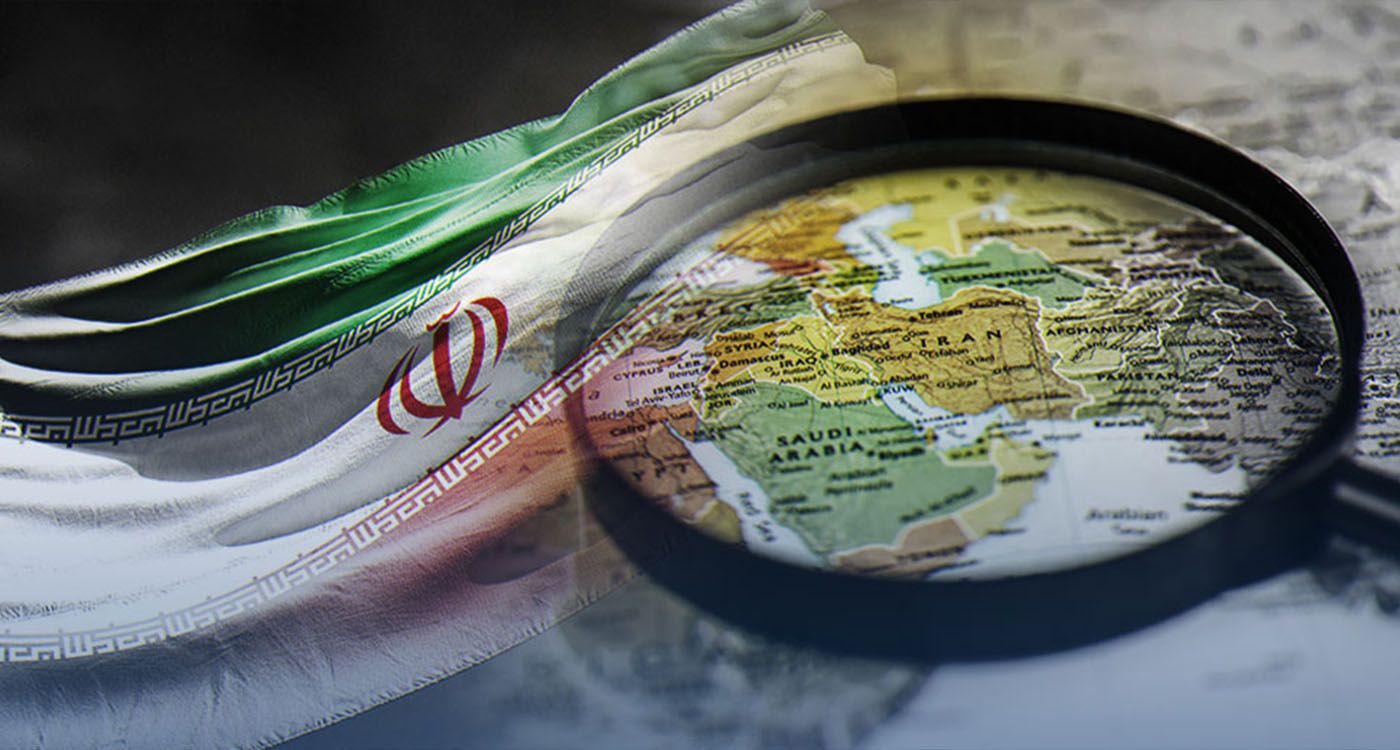- Home
- Middle East
- The Iranian Regime's Deadly Entanglements

©This is Beirut
The Middle Eastern landscape is becoming more complicated, with its issues bordering intractability. The heightening tensions are far from being incidental; they are part of the Iranian sabotaging politics.
Iranians have always been duplicitous when negotiating their nuclear deals. Hezbollah’s obstructionism is hobbling normalization in Lebanon, Hamas is still pursuing its brinkmanship, while Gaza's tragic plight is getting worse by the day, and the civilian population is defraying the exacting costs of the military standoff. The evolution of the US-Iranian negotiations is stalled, and working around a single issue at a time when the rifts between the US administration and the Israeli government are openly aired. The overall regional normalization looming on the horizon is compromised, and the Iranian proxies, substantially weakened, are still on the move.
The US-Iranian negotiations are circumscribed to the uranium enrichment issue, and the Iranians are intentionally overlooking their overall destabilization politics and pursuing it adamantly. The US administration is averse to any security breakdown and unable to widen the radius of the ongoing negotiations. The more the Iranians try to force their agenda on the table, the less likely Israel is to be co-opted and engage in the ongoing process. The predicates of both scenarios are unlikely to converge, and the sabotaging tactics on both sides may probably take over. The Iranian delaying tactics, the negotiations' narrowed scope and the continued sabotaging are dooming the process and resetting the military priorities.
The Iranian regime has to renounce its bluster and reengage the process unapologetically if it were to operate a major strategic shift, which doesn’t seem to be the case. The highly challenged legitimacy of this regime is still quartered in a dilemma: the one of normalization and liberalization and their impact on the survival of the regime. The regime has never been able to come to terms with their stipulations from an ideological standpoint and is unwilling to risk the vested interests of the clerical dictatorship and its allies. The Iranian negotiator wagers on the US disinclination towards war and the aspiration of President Trump to be hallowed as a peacemaker and awarded the Nobel Prize for Peace.
This maneuvering is short-sighted and leads to nowhere. As for the Israeli government, its policy track is located on a continuum with the newly ushered geostrategic dynamic that led to the destruction of the “integrated operational platforms” of the Iranian regime. The outreach has not spared the Iranian nuclear sanctuaries that are targeted by the Israelis at this stage. The differences between the US administration and the Israeli government may not be solved, and Netanyahu is determined to pursue his containment strategy with or without a finalized agreement. The time span is narrowing, and the issues at stake are critical enough to invite careful introspection before it’s too late. Iranians have to give up their waffling tactics, the US administration cannot condone an undue protraction, and Israel is bound to face up to its multiple challenges.
The tragic situation in Gaza should be immediately tackled through forceful diplomatic mediations wherein the dire humanitarian issues are wedded to a political solution that addresses both issues. The diplomatic scheme should address the immediate release of the remaining hostages, dead and alive; Hamas should quit Gaza under international auspices; and a temporary government of transition regrouping Israel, the Palestinian Authority and a UN coalition should be formed and entrusted with the governance of the district. The broader political issues related to Israeli national security and the finalization of the peace process between the State of Israel and the Palestinian Authority should be separately addressed within a specific framework.
Otherwise, Lebanon has to address its lingering problems of curtailed sovereignty, gnawing extraterritorialities, inability to rebuild a working governance and extract itself from the destructive sway of regional power politics. The Hezbollah extraterritoriality puts at stake statehood and nationhood. The inability of the new executive to enforce the internationally mandated national security resolutions (1701, 1680, 1559) is tendentially leading to the disintegration of Lebanese statehood, putting the country on the road to civil war, and adding to the bolting strategic voids at the regional level. The inconsistencies of the actual political course are not sustainable and are superseded by subversive power projections that are not quite congruent with the imperatives of civil peace, post-war reconstruction and regional stability.
The state of indeterminacy cannot endure; the main actors have to set their choices and avoid miscalculations, since the rules of the game have changed and the emergence of new power politics scenarios and political configurations are not mere assumptions. Iran has to mourn its defeated imperial projections; the US should oversee its stabilization process; the Palestinians have to reengage Israel on more realistic terms and put an end to the delirium of the annihilation of the State of Israel; and Israel is bound to rebuild its consensus around a viable solution to the Palestinian question. If not, the further unraveling of the regional order is going to pursue its unhindered course.
Read more




Comments